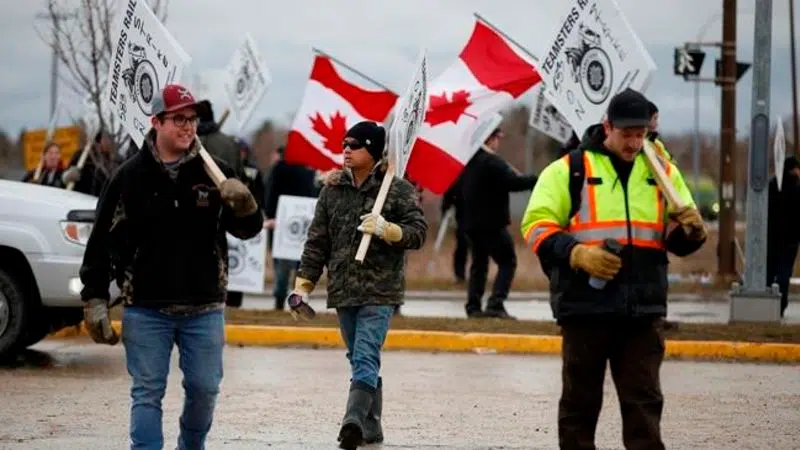
Federal Liberal government urged to intervene to end CN rail strike
OTTAWA — Prime Minister Justin Trudeau’s new cabinet could find itself moving faster than anticipated to deal with anger in the West over challenging economic conditions, in the face of a rail strike that a growing number of industry leaders say could trigger layoffs and closures and cost millions.
The Liberals are being urged to step in with legislation to end the strike by roughly 3,200 Canadian National Railway Co. workers, which began early Tuesday after the workers and CN failed to reach a deal.
The governments of Alberta and Saskatchewan, along with federal Opposition Leader Andrew Scheer, have already pledged to keep the Liberals’ feet to the fire when it comes to responding to the demands and needs of the West. All three on Tuesday urged Trudeau to act fast to deal with the strike.
Trudeau unveils his new cabinet on Wednesday before the planned return of Parliament Dec. 5, but Scheer and Alberta officials called on him to bring legislators back sooner.

